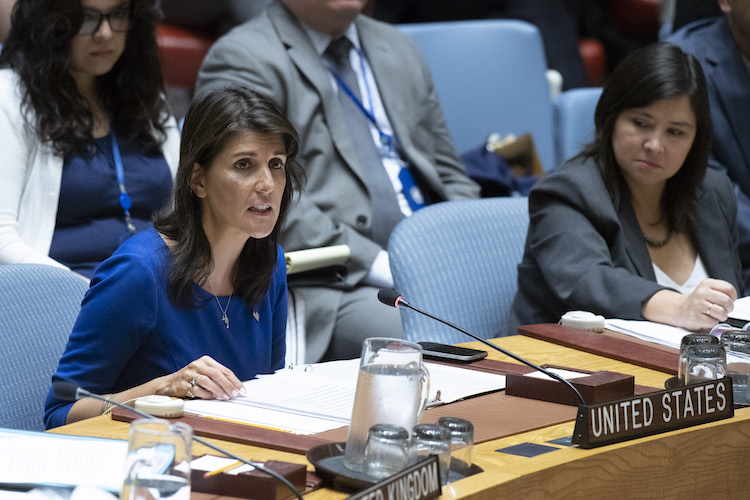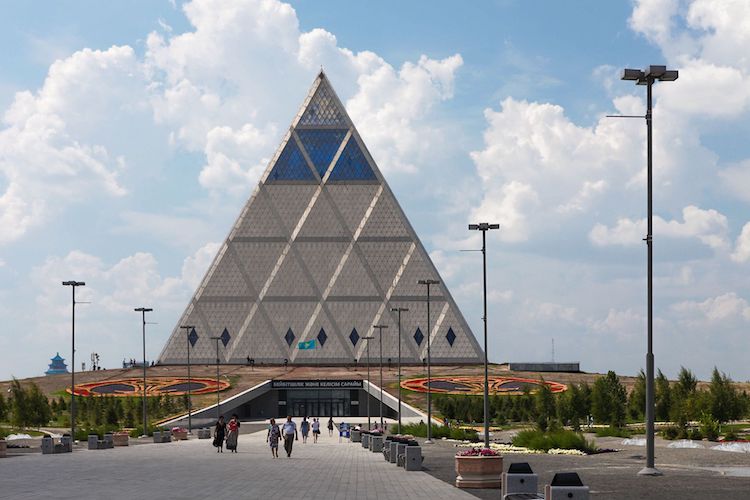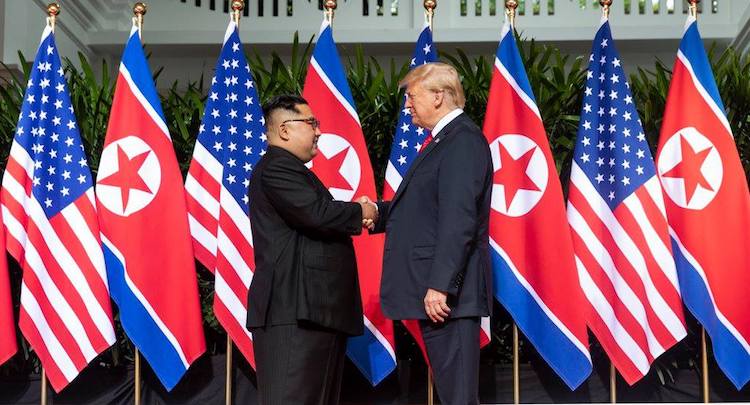By Roberto Massari* This is the first of a nine-part series. BOLSENA, Italy (IDN) – In June 2018, I was invited to make a presentation on the relationship between Che Guevara and Karl Marx at the International Conference on Karl Marx: Life, Ideas, Influence. A Critical Examination on the Bicentenary, organised by the Asian Development […]
EU-Facilitated Dialogue Vital For Kosovo-Serbian Accord
By Ramesh Jaura This is the second report from Kosovo, stressing the importance of an EU-facilitated dialogue between Pristina and Belgrade. The first is titled Kosovo Looks Forward To UN Membership. – The Editor BERLIN | PRISTINA (IDN) – In the wake of the Kosovo War, in the whirl and muddle of Yugoslav Wars, and […]
Kosovo Looks Forward To UN Membership
By Ramesh Jaura This is the first of two reports from Kosovo, on its efforts to garner international recognition in the aftermath of unilateral declaration of independence in February 2008 subsequent to the breakup of Yugoslavia after Josip Broz Tito’s death in the 1980s. – The Editor BERLIN | PRISTINA (IDN) – The United Nations […]
Nikki Haley Blames Rights Groups for Her Misguided ‘Reform’
By Kenneth Roth Kenneth Roth is the executive director of Human Rights Watch, one of the world’s leading international human rights organizations, which operates in more than 90 countries. This article was published in The Hill on 29 July 2018. NEW YORK (IDN-INPS) – Shortly after arriving in New York as Donald Trump’s representative to the […]
Astana’s 20th Anniversary Highlights Kazakh Achievements as Security Council Member
By Jaya Ramachandran NEW YORK (IDN) – Since Astana was established as the capital city of Kazakhstan twenty years ago, it has become a symbol of international peace and security. Its 20th anniversary has come to highlight the Central Asian republic’s achievements as a non-permanent member of the Security Council for 2017-2018. It was befitting […]
Study Finds Congressional Attention on Nuclear Security Waning as Nuclear Terrorism Threat Persists
By J C Suresh TORONTO (IDN) – A new report reveals an alarming diminution of U.S. congressional engagement and interest in critical efforts to prevent nuclear terrorism and proposed “action items” for lawmakers in enhancing nuclear security efforts and reducing global stockpiles of nuclear materials. Titled Empowering Congress on Nuclear Security: Blueprints for a New […]
Why Germany Is Important For Survival Of Multilateralism
By Shastri Ramachandaran* NEW DELHI | BERLIN (IDN) – A spectre is haunting Europe – the spectre of right-wing nationalism that is anti-immigrant and, in many pockets, feeding racism and xenophobia. Germany, which stood tall and firm against this gathering illiberal tide by throwing open its doors in 2015-16 to over a million refugees – mainly […]
Diplomacy With North Korea Crucial To Denuclearization
By Daryl G. Kimball Contrary to President Donald Trump’s claim that there is “no longer a nuclear threat from North Korea” following his June 12 summit meeting with Kim Jong Un, the mission of achieving denuclearization and peace on the Korean peninsula is clearly not yet accomplished, writes Daryl G. Kimball, Executive Director of the […]
Experts Accentuate the Significance of Trump-Putin Summit
By Ramesh Jaura BERLIN | NEW YORK (IDN) – “We are on the brink of a new cold war,” warned UN Secretary-General António Guterres on May 24, 2018 adding that there are no negotiations under way between the U.S. and Russia for further strategic nuclear arms reductions. Whether presidents Donald Trump and Vladimir Putin would […]
Remembering the Berlin Airlift 70 Years On
By Frederick Kempe* Following is the text of the slightly modified blogpost based on Frederick Kempe’s weekly newsletter InflectionPoints on 26 June, which originally appeared with the caption ‘Europe Beyond Trump’. Kempe is president and chief executive officer of the Atlantic Council. You can follow him on Twitter @FredKempe. – The Editor WASHINGTON, D.C. (IDN) […]










